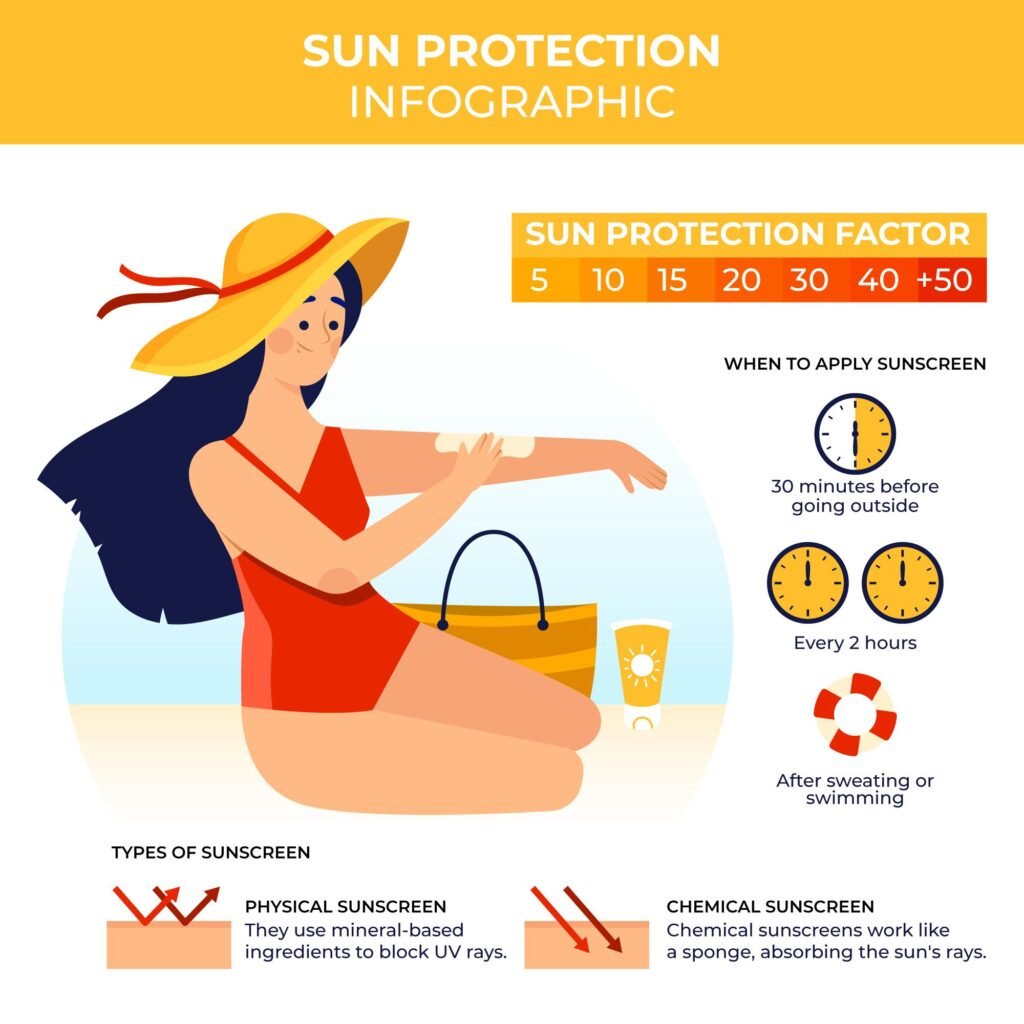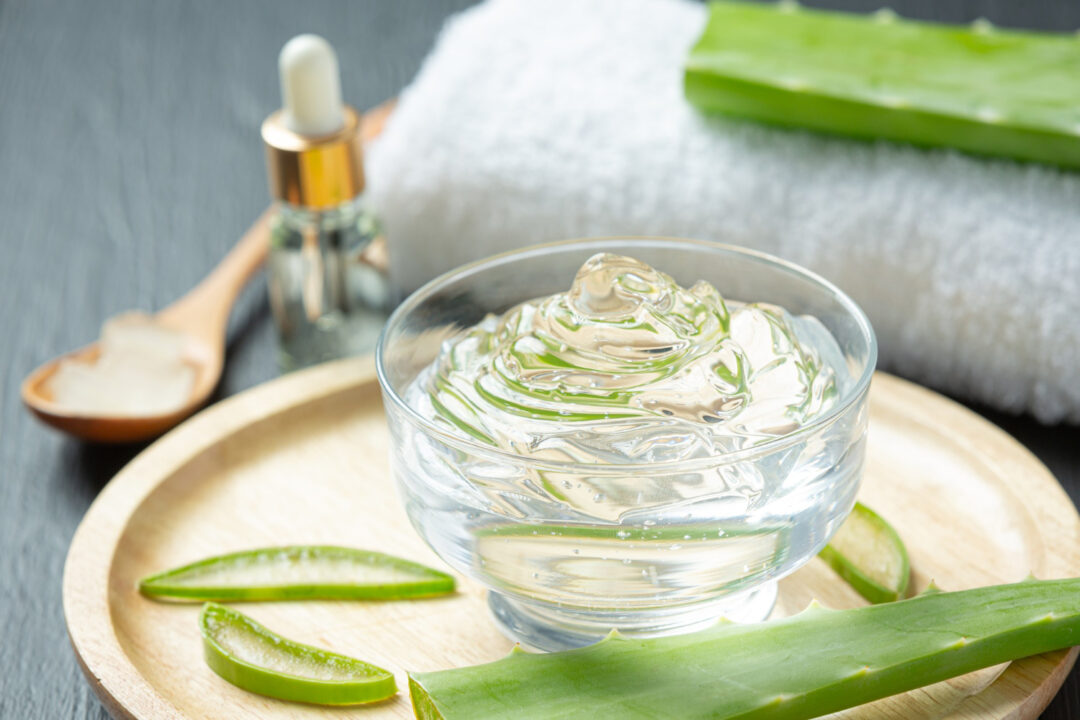Sunny days in Singapore can be both a delight and a danger. This bustling equatorial city-state is famous for its year-round tropical weather, a fact that is much appreciated by locals and tourists alike. However, there is an unseen risk that lies beneath the brightness: sunburn. For those unaware, this silent, painful skin condition can lead to more serious problems over time.
Understanding Sunburn
Sunburn is a skin condition caused by excessive exposure to ultraviolet (UV) radiation, primarily from the sun. At the Earth’s equator, UV radiation is particularly intense due to the sun’s proximity. Singapore, located just one degree north of the equator, receives high levels of UV radiation throughout the year, which puts Singaporeans at a higher risk of sunburn.
UV indexes measure the level of UV radiation in a specific location at a specific time. This index is critical to understanding the risks of sun exposure. With Singapore’s UV index often reaching ‘very high’ or even ‘extreme’ levels, adequate sun protection is not just a recommendation but a necessity.

Prevalence of Sunburn
Singaporeans’ risk of sunburn is amplified due to the country’s vibrant outdoor culture, which includes activities such as street food festivals, sporting events, and beach outings. Furthermore, many Singaporeans have occupations that require them to work outside, further increasing their exposure to harmful UV rays.
Effects of Sunburn
The immediate effects of sunburn include redness, pain, and a sensation of heat on the skin’s surface. These are usually temporary and fade away as the skin heals. However, sunburn can also have long-term consequences. Repeated sunburns can cause premature ageing of the skin, characterized by wrinkles and age spots. More worryingly, they can also lead to an increased risk of skin cancers, including melanoma, the deadliest form of skin cancer.
Preventive Measures
Protection against sunburn starts with a comprehensive sun safety routine. The most common preventive measure is sunscreen application. When choosing a sunscreen, look for a broad-spectrum product that protects against both UVA and UVB rays and has a sun protection factor (SPF) of at least 30. Apply generously and reapply every two hours, or after swimming or excessive sweating.
Clothing also plays a critical role in sun protection. Opt for long sleeves, wide-brimmed hats, sunglasses with UV protection, and even special UV protection clothing if you’re going to be outside for extended periods. Where possible, seek shade, especially between 10 am and 4 pm, when UV radiation is at its peak. Lastly, keep hydrated, as sun exposure can lead to dehydration.

Home Remedies
In the unfortunate event of a sunburn, several home remedies can help alleviate discomfort. Aloe vera, widely available in Singapore, is known for its soothing and healing properties. Cool compresses can also provide temporary relief from the heat. Hydrating lotions can help to moisturize the skin, though it’s best to avoid those containing alcohol, which can dry the skin further.
Medical Treatment for Sunburn
Severe sunburns, characterized by blistering, severe pain, or symptoms of heat exhaustion, require medical attention. Over-the-counter anti-inflammatory medication or antiseptic wound care products can help reduce swelling and pain, but it’s essential to consult with a healthcare provider for appropriate treatment. In Singapore, many clinics and hospitals are equipped to provide effective treatments for severe sunburn.
Promoting Sun Safety Awareness
Despite the high UV indexes, awareness about sun safety in Singapore can still be improved. Existing initiatives such as the National Skin Centre’s sun protection awareness campaigns should be more widely supported and promoted. Schools, workplaces, and community centres can also play a role by integrating sun safety into their health programs.
As Singaporeans, we are blessed with abundant sunshine. However, it’s important to balance our love for the outdoors with adequate sun protection. Let’s embrace the sun wisely and avoid the pitfalls of sunburn, thereby safeguarding our skin health for the future.




